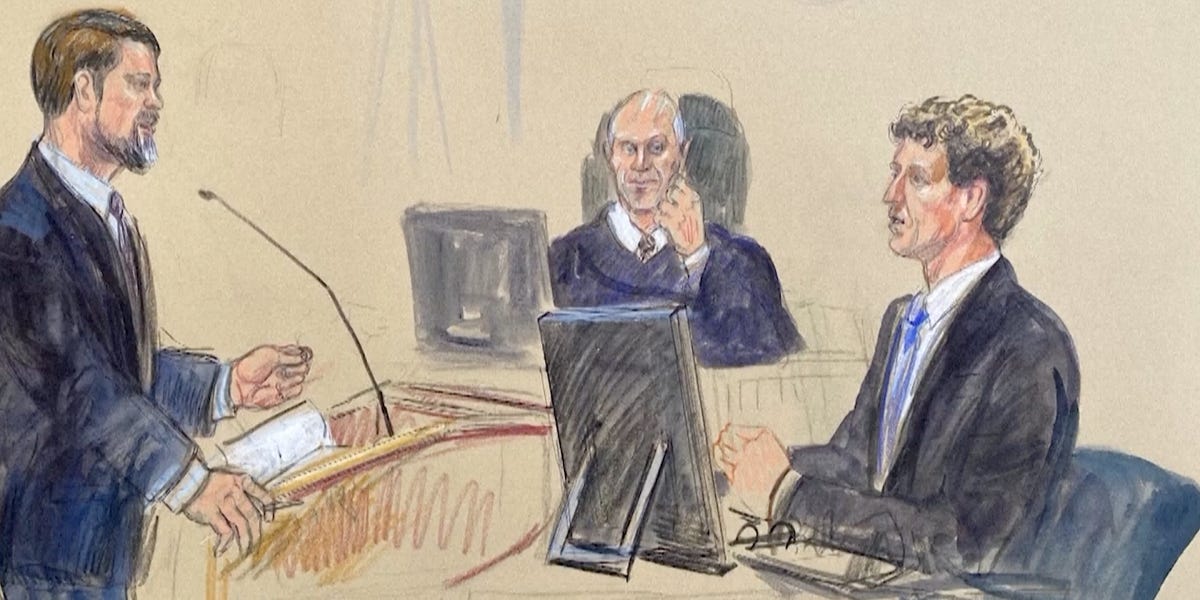Inside the Instagram Acquisition: Zuckerberg's Catan-Inspired Strategy Revealed

In a dramatic courtroom showdown, a Federal Trade Commission (FTC) lawyer intensely questioned Meta CEO Mark Zuckerberg about the company's strategic acquisition of Instagram, putting the tech giant's past business practices under intense scrutiny during the high-stakes antitrust trial.
The legal confrontation centered on Zuckerberg's pivotal 2012 decision to purchase Instagram for $1 billion, a move that would ultimately transform the social media landscape. The FTC lawyer methodically probed the details of the acquisition, seeking to understand whether the purchase was designed to eliminate potential competition and maintain Meta's dominant market position.
Zuckerberg faced pointed questions about internal communications and strategic motivations behind the Instagram purchase, with the lawyer challenging the narrative that the acquisition was merely a standard business transaction. The intense questioning highlighted the broader regulatory concerns about big tech companies' growth strategies and potential anti-competitive behaviors.
The trial represents a significant moment in tech industry regulation, with the potential to reshape how major technology companies approach future acquisitions and market expansion. As the legal proceedings continue, all eyes remain fixed on this landmark antitrust case that could have far-reaching implications for Silicon Valley's competitive landscape.
